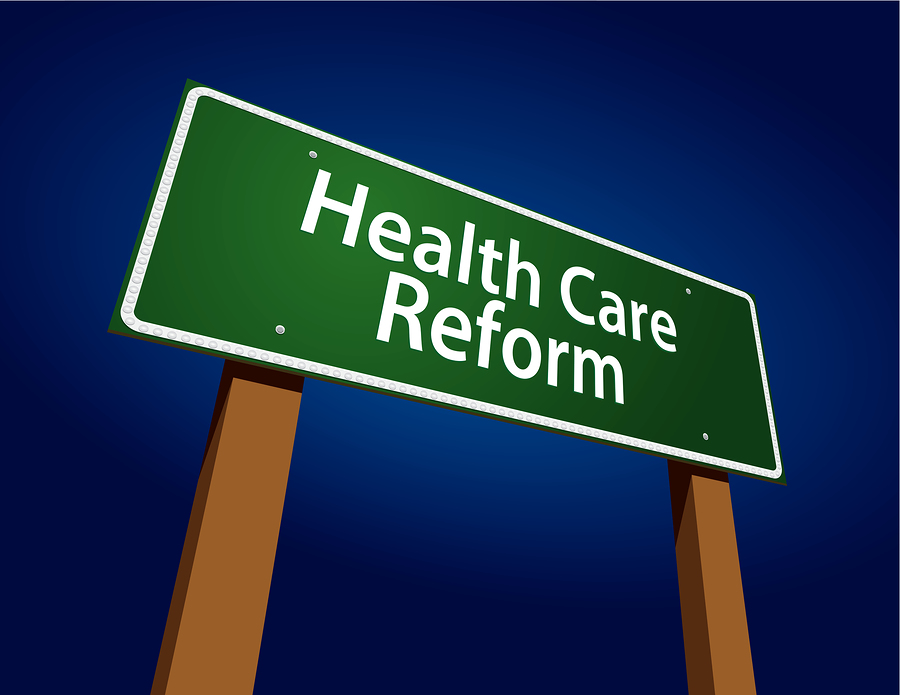
The landmark Patient Protection and Affordable Care Act (ACA) presents local governments with challenges and opportunities. As the various provisions of the legislation go into effect, local government leaders are retooling their health care plans to improve health and reduce costs, while also playing an important role in the law’s implementation at the local level.
On a press conference call held Monday, October 8, as part of the 98th ICMA Annual Conference, a range of health care and local government experts, leaders, and practitioners shared new strategies from the local government level. The consensus of the speakers was that while the fiscal impact of rising health care costs is a major concern for local government leaders, emerging strategies such as employee wellness programs and improved dialogue with community stakeholders are showing promise in delivering reduced health care costs and improved community health.
Elizabeth Kellar, president and CEO of the Center for State and Local Government Excellence (SLGE), noted that “Local governments are focused on the fiscal impact of the ACA and concerned about healthcare costs in general, but wellness programs are an emerging and important strategy. As a new report from SLGE, “The Business Case for Wellness” finds, investments in wellness programs are a viable choice for both improving employee health as well as reducing employers’ costs. For example, since the Austin, Texas, Capital Metropolitan Transportation Authority adopted a wellness program in 2003, they have saved $2.43 for every $1 spent on healthcare.”
Reggie White, regional vice president for government and education at Cigna, an ICMA Strategic Partner, stated that “From the provider side, we are seeing government-based customers rethinking and retooling their benefits strategy. We are seeing more discussion about value-based plans, wellness programs, and patient-centered care. While many governments are taking a wait and see approach to the ACA, those ahead of the curve are already trying to understand all the information and are collaborating with local hospitals, employers, and consumers in order to be prepared for what’s going to come down tomorrow.”
The call also featured several leaders at the helm of local governments. Ed Belmares, assistant city manager of San Antonio, Texas, said that “The city of San Antonio is sensitive to the Affordable Care Act, but not overly driven by it.” Belmares explained that San Antonio already is implementing various strategies to control costs associated with chronic conditions such as diabetes and noted that “wellness has been the centerpiece of the city’s design for cost reasons as well as reasons of community health.”
Gary Jackson, city manager of Asheville, North Carolina, noted that “We are seeing a continued focus on chronic disease management and wellness – an approach we helped pioneer with ‘The Asheville Project.’ We have had great success in holding down employees’ health care costs through counseling for chronic diseases and affordable prescriptions. This helps keep people out of emergency rooms and helps to avoid the high costs of chronic care.” Jackson also noted that, the “important thing to keep in mind is that ACA is based upon individual responsibility and the power of market forces. We’ll see a new opportunity with the advent of the health exchanges to put transparency and freedom of choice in the hands of individuals, businesses, and local governments, and we will begin to see which insurers deserve their dollars.”
Ron Carlee, ICMA chief operating officer and former county manager of Arlington County, Virginia, moderated the press call and noted that, “Implementing the Affordable Care Act is going to impact local governments as employers but also as key members and stakeholders in their larger communities.”
In December 2011, Cigna and ICMA jointly released the results of a survey of local governments on a range of pressing health topics. The survey found that employee health costs were a top concern of local governments, which were largely unsure about how best to reduce health care costs. Several questions asked local governments directly about their plans and understanding of the Patient Protection and Affordable Care Act. When asked, “What is your level of understanding of the healthcare reform legislation?” the vast majority of local government respondents–63%– said “Partially understand, need to learn more.” Perhaps due to the lack of understanding, local governments at the time planned to take a wait-and-see approach on potential changes to employee health care benefits prompted by passage of the Affordable Care Act.
Click here to listen to a recording of the ICMA press call on how local governments are implementing the ACA.
New, Reduced Membership Dues
A new, reduced dues rate is available for CAOs/ACAOs, along with additional discounts for those in smaller communities, has been implemented. Learn more and be sure to join or renew today!
